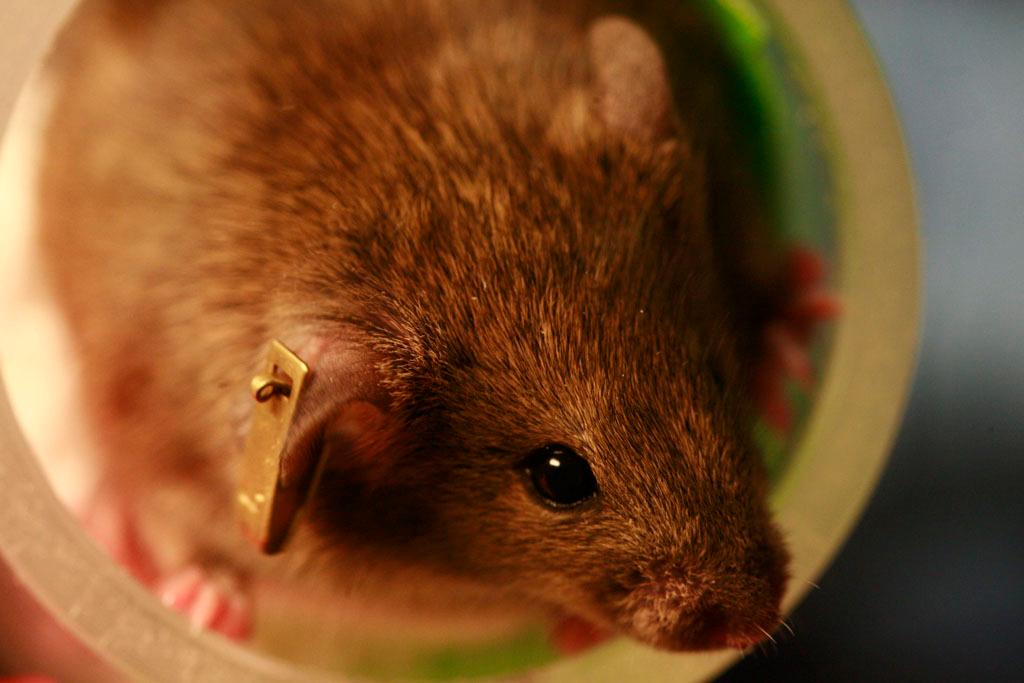Scientists may have found the key to a longer life
Scientists in Spain have successfully extended the lifespan of lab mice using gene therapy.
Scientists in Spain may have found the answer to increasing one's lifespan.
Researchers at the National Cancer Research Centre in Spain used gene therapy to successfully extend the lifespan of mice by an average of 24 percent, according to a new study.
The scientists treated two groups, one-year-old and two-year-old mice, with gene therapy and found that the younger mice lived 24 percent longer while the older mice lived 13 percent longer.
"Gene therapy is typically thought of as a way to deliver genes into cells to correct genetic defects or diseases," said Maria Blasco, director of the Spanish National Cancer Research Centre, according to QMI.
"However, if we consider that ageing is, at least in part, the consequence of defective gene function, gene therapy is also a valid strategy to delay ageing or to increase lifespan."
Read more on GlobalPost: Red wine anti-aging properties shown in new study
The study saw researchers induce the animals' cells to produce telomerase, an enzyme that helps to maintain the physical structure of the ends of chromosomes, reported Slate.
"Our results show that telomerase gene therapy is not only a viable anti-ageing intervention but it also has remarkably beneficial effects on health and fitness without increasing the incidence of cancer," she said, according to TG Daily.
Zee News reported that the therapy improved the animal's health by delaying age-related diseases and improving coordination.
The therapy even improved insulin-resistance.
The study was published in the journal EMBO Molecular Medicine.
The article you just read is free because dedicated readers and listeners like you chose to support our nonprofit newsroom. Our team works tirelessly to ensure you hear the latest in international, human-centered reporting every weekday. But our work would not be possible without you. We need your help.
Make a gift today to help us reach our $25,000 goal and keep The World going strong. Every gift will get us one step closer.
